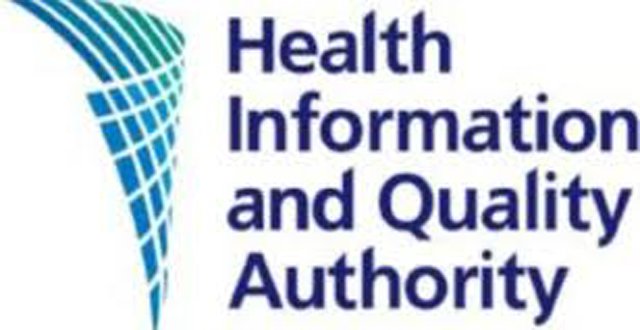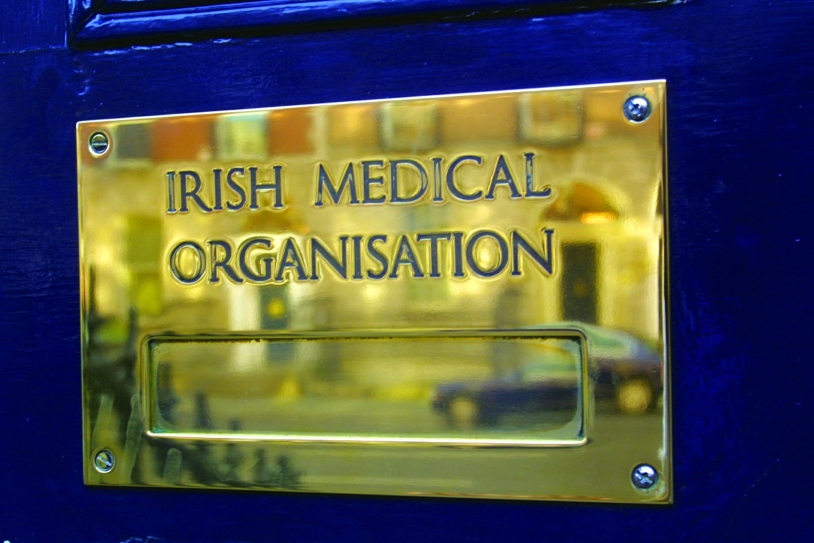HIQA has today published its advice to the national public health emergency team (NPHET) on the consideration of Covid-19 vaccinated healthcare workers for derogation (exemption) from restricting their movements if they are a close contact of a confirmed case.
The Authority warns that any such decision should be in line with the HSE’s current derogation guidance and may only be considered for healthcare workers who have been identified as essential to maintaining critical services and following a risk-based assessment by senior management.
“The application of such derogation must be considered in light of the acceptability to all relevant parties, including the healthcare worker themselves, the patient, family members and carers, and other staff working in the facility,” according to the HIQA report. “Equally, the acceptability of not applying such derogation in terms of staffing shortages, patient care and service provision must be considered.”
The HIQA report acknowledges there is “very limited evidence” regarding the effect of the Pfizer/Biontech, Moderna, and AstraZeneca vaccines on onward transmission of the virus (ie, if a vaccinated person can still transmit the virus to another person). It also states that, up to January 2021, some 14.5 per cent of healthcare workers identified as close contacts subsequently tested positive for SARS-CoV-2. “Derogated healthcare workers have been identified as having been a potential source of transmission in a limited number of cases,” according to the report.
However, the report also says staff absenteeism associated with the virus– including close contacts – is placing a “continued strain” on the acute and community healthcare system.
The HSE’s derogations policy states healthcare workers restricting their movements due to being a close contact may return to work if identified as essential to critical service needs. The policy was recently expanded to include healthcare workers who are a close contact of a confirmed case in their household.
Dr Máirín Ryan, HIQA’s Deputy CEO and Director of Health Technology Assessment, said: “We have advised NPHET that healthcare workers who have completed the full Covid-19 vaccination course and the vaccine-specific time period to achieve full immunity (as per the licensed indications) should be considered for derogation from restricted movements. In the first instance, this should be limited to those who have completed vaccination within the previous two months given the current maximum follow-up data in research trials for the licensed vaccines.
“Derogation should be accompanied by strict conditions of testing, active monitoring, and supervision by local management and occupational health. Consideration should also be given to providing guidance, training in processes such as risk assessment, and support for appropriate implementation of derogation practices outside acute care settings where there may be limited access to occupational health services.
“There is also a need to communicate that vaccination does not lessen the requirement for infection prevention and control practices or the requirement to observe general public health guidance within and outside of the healthcare setting.”
In the context of very limited research evidence for a number of key factors, HIQA’s advice was informed by a facilitated discussion between the HIQA Covid-19 expert advisory group on the central considerations influencing this policy question.
Dr Ryan continued: “As we are in the early days of population-level vaccination, the research evidence is limited. This advice should be reviewed and revised as new data becomes available from ongoing Covid-19 vaccine trials, post-authorisation surveillance and observational studies.”
The HIQA report can be accessed at the following link – https://www.hiqa.ie/sites/default/files/2021-01/Advice-to-NPHET_derogation-of-vaccinated-healthcare-workers-from-restricted-movements.pdf













Leave a Reply
You must be logged in to post a comment.